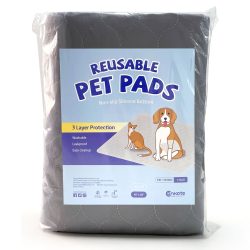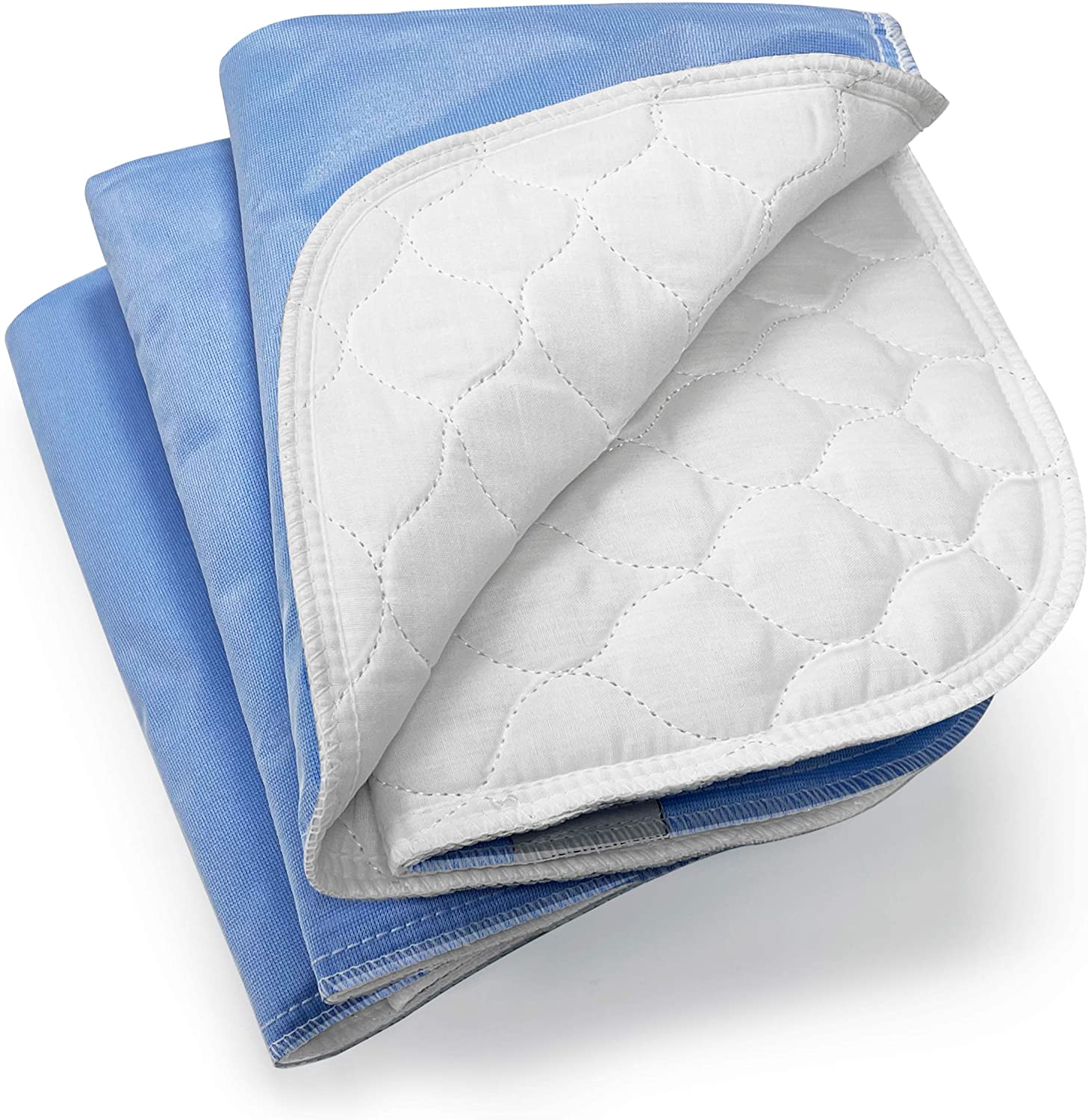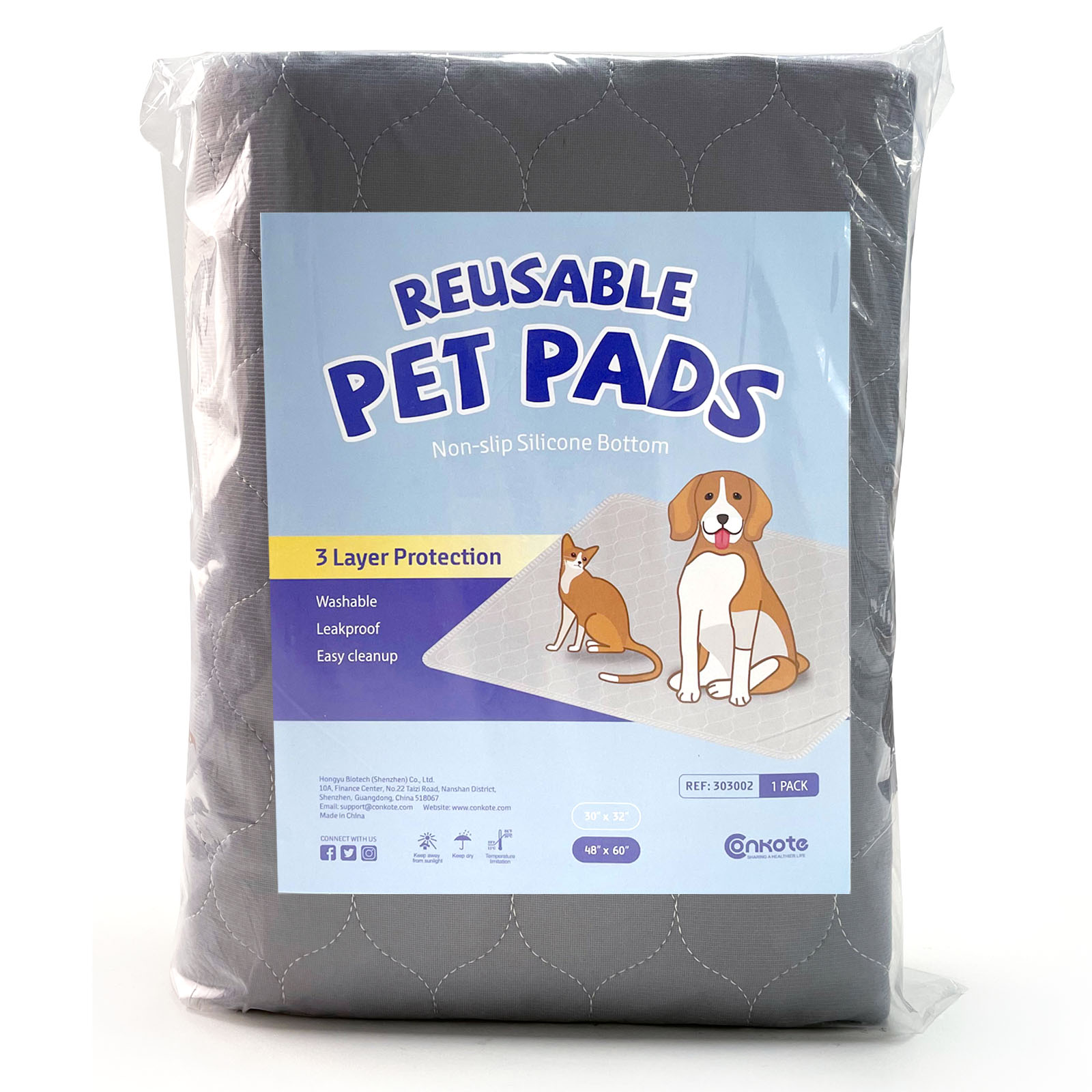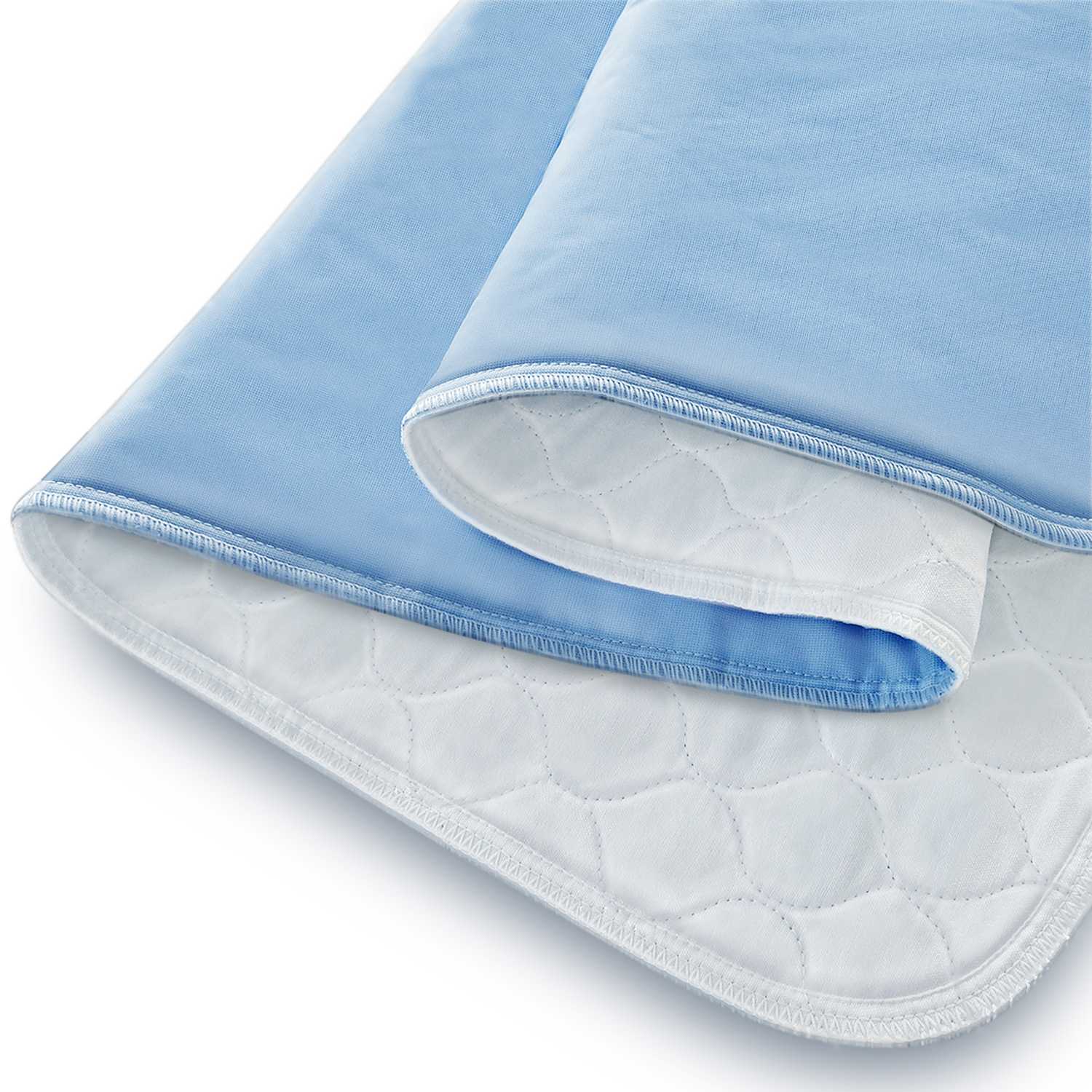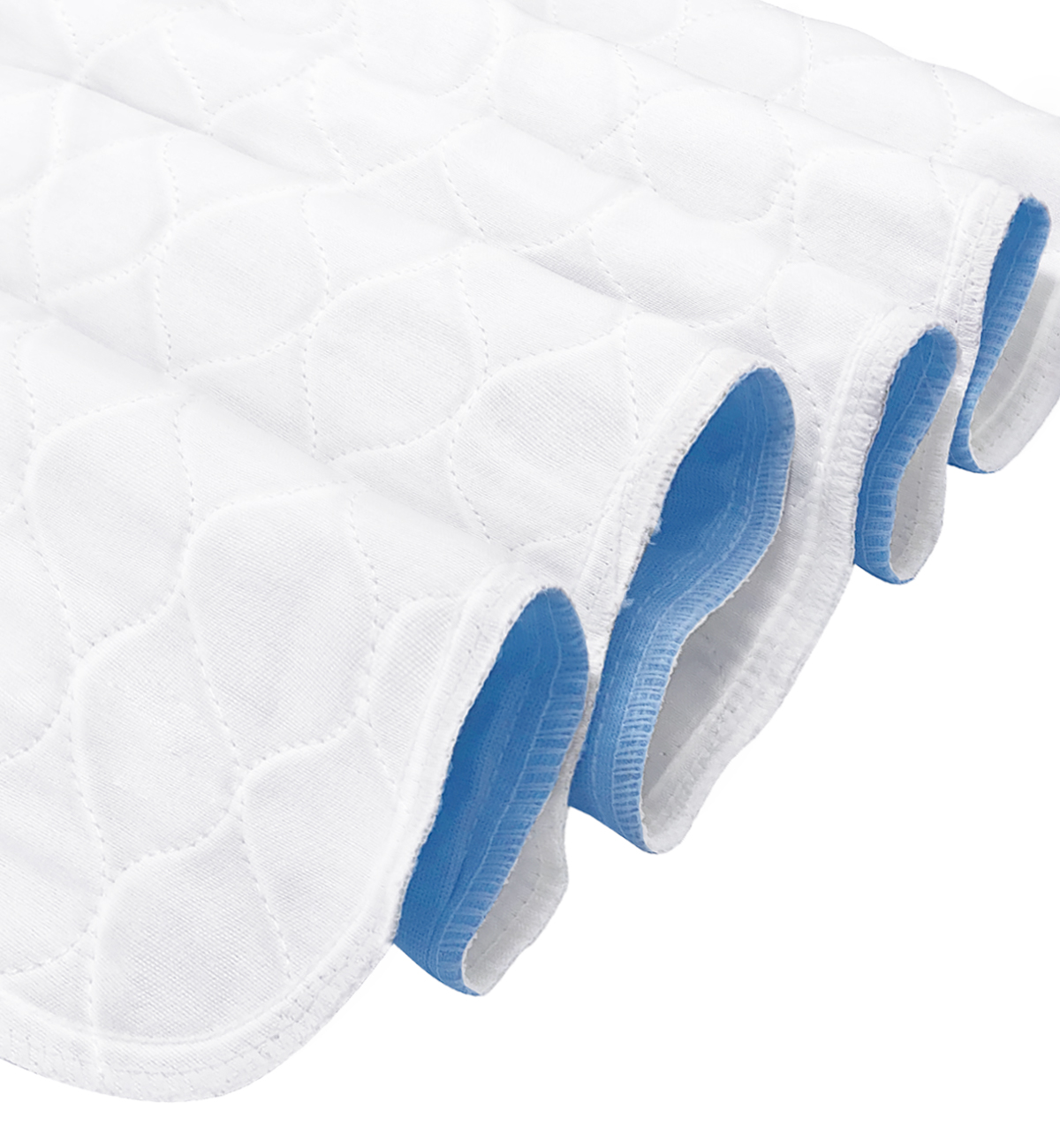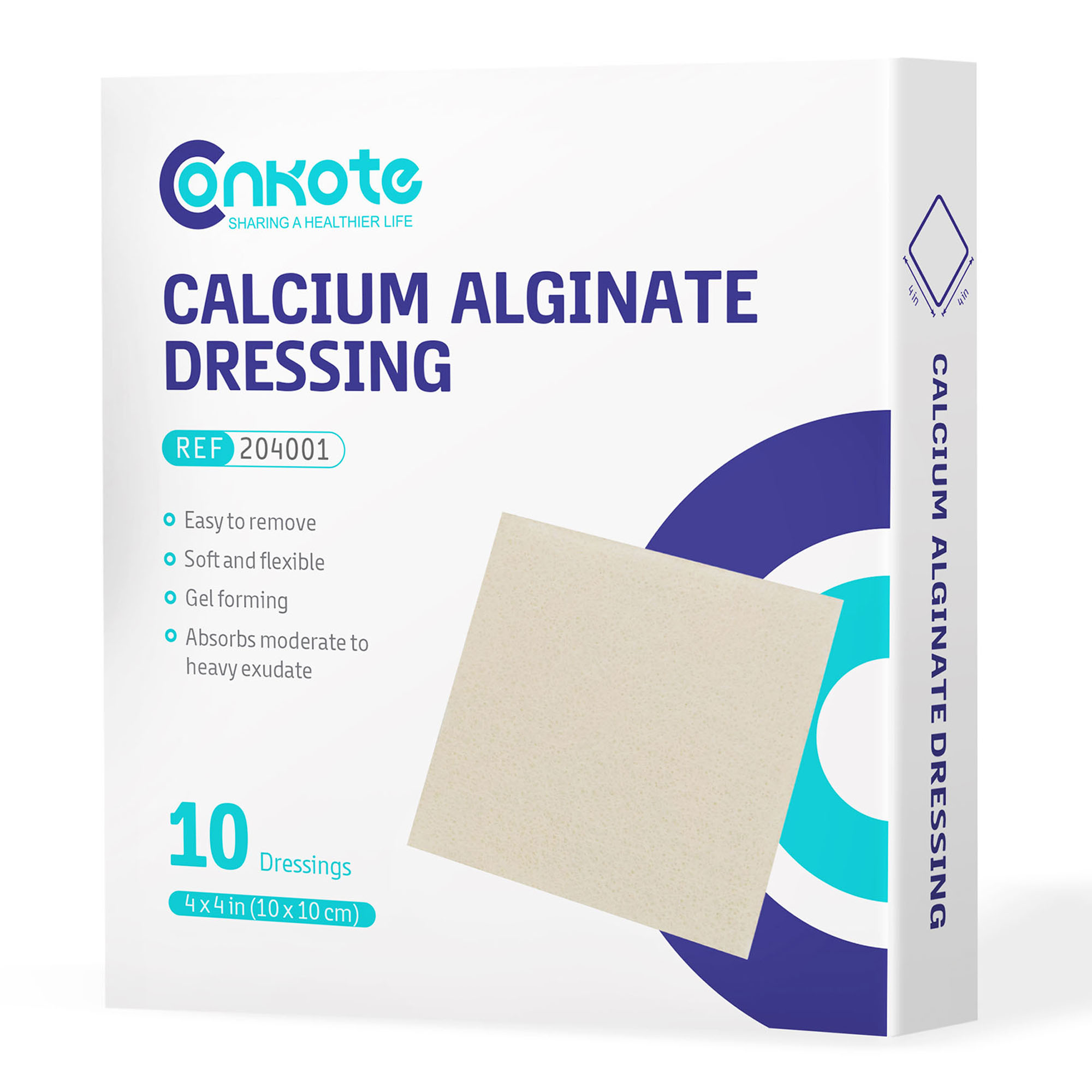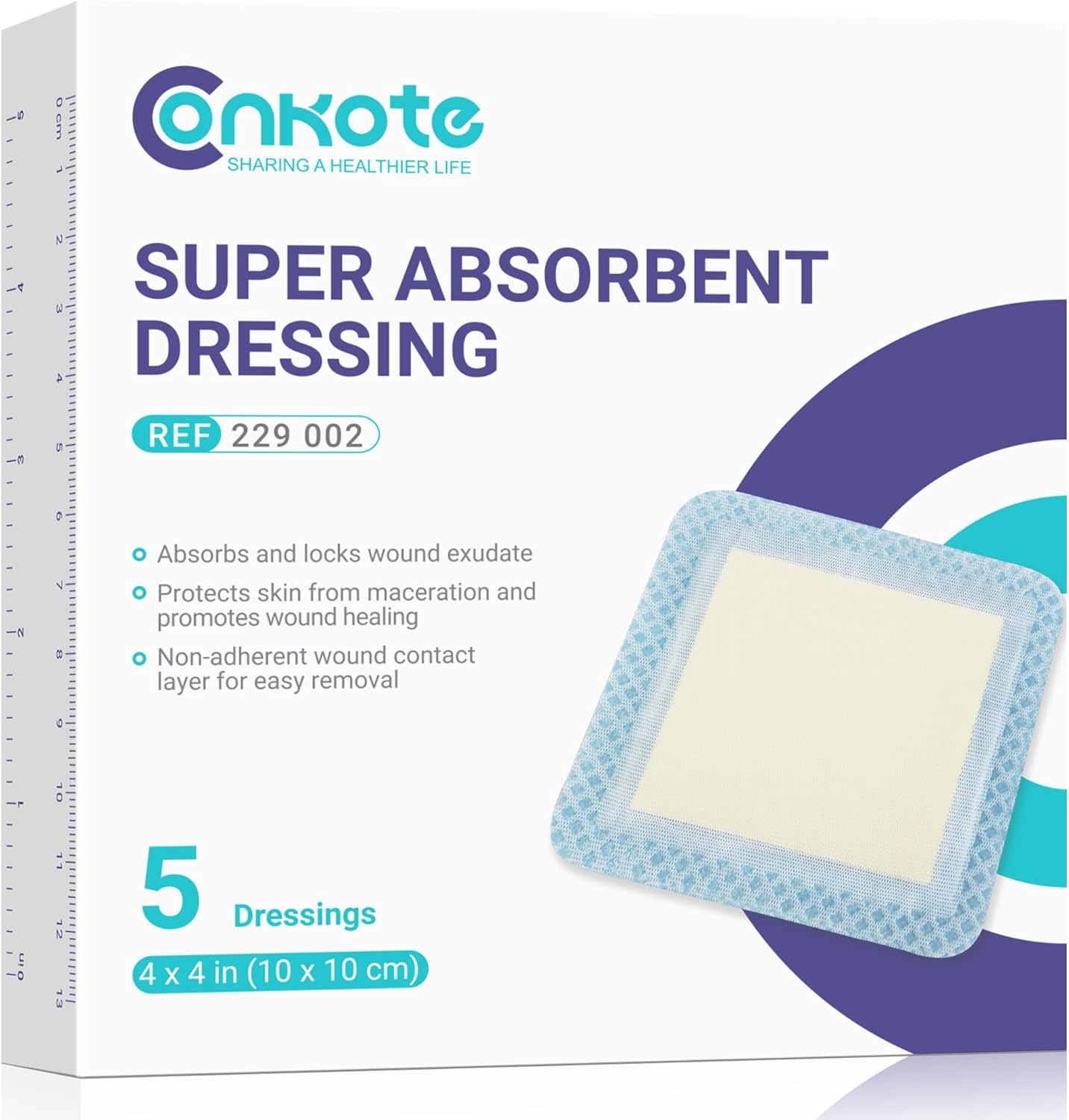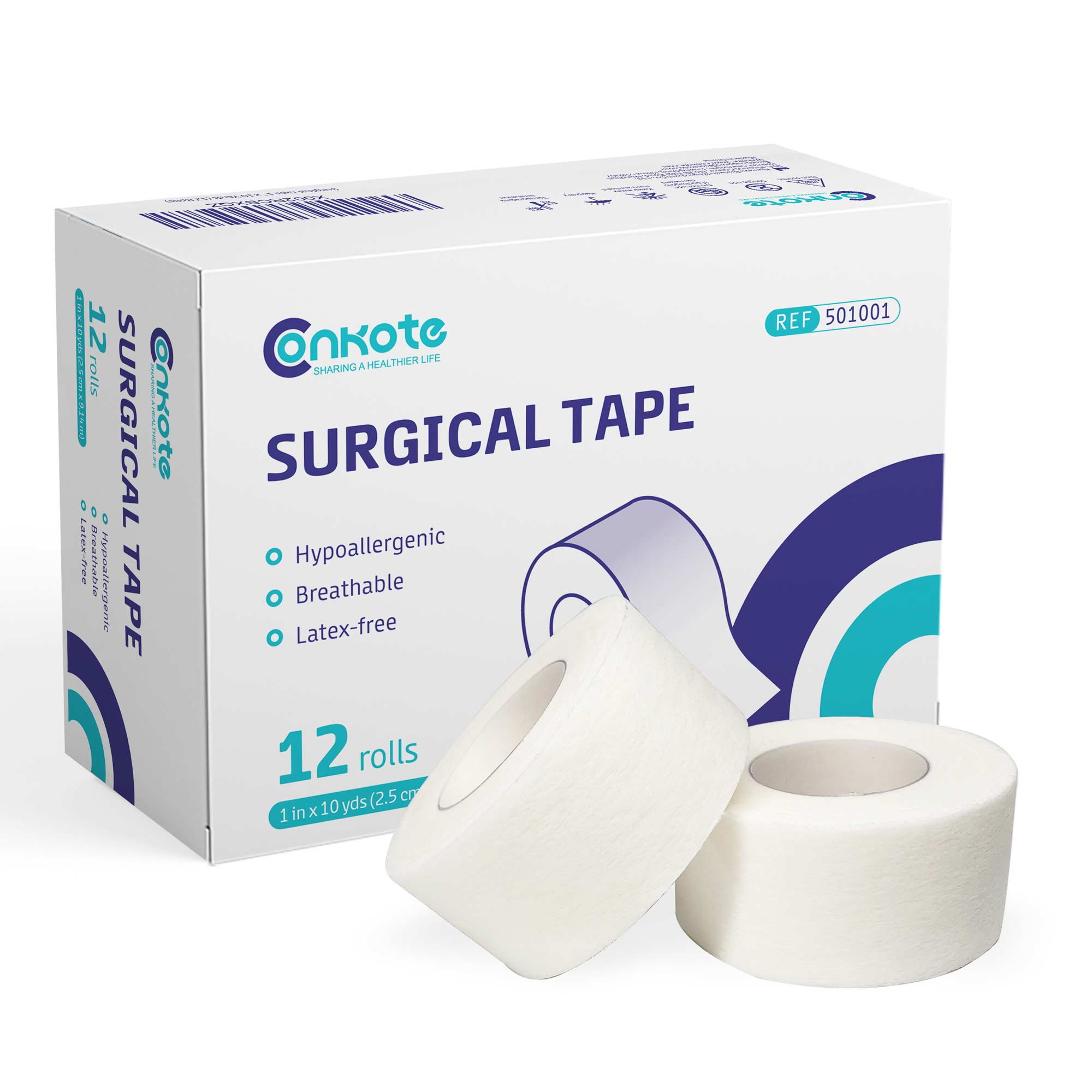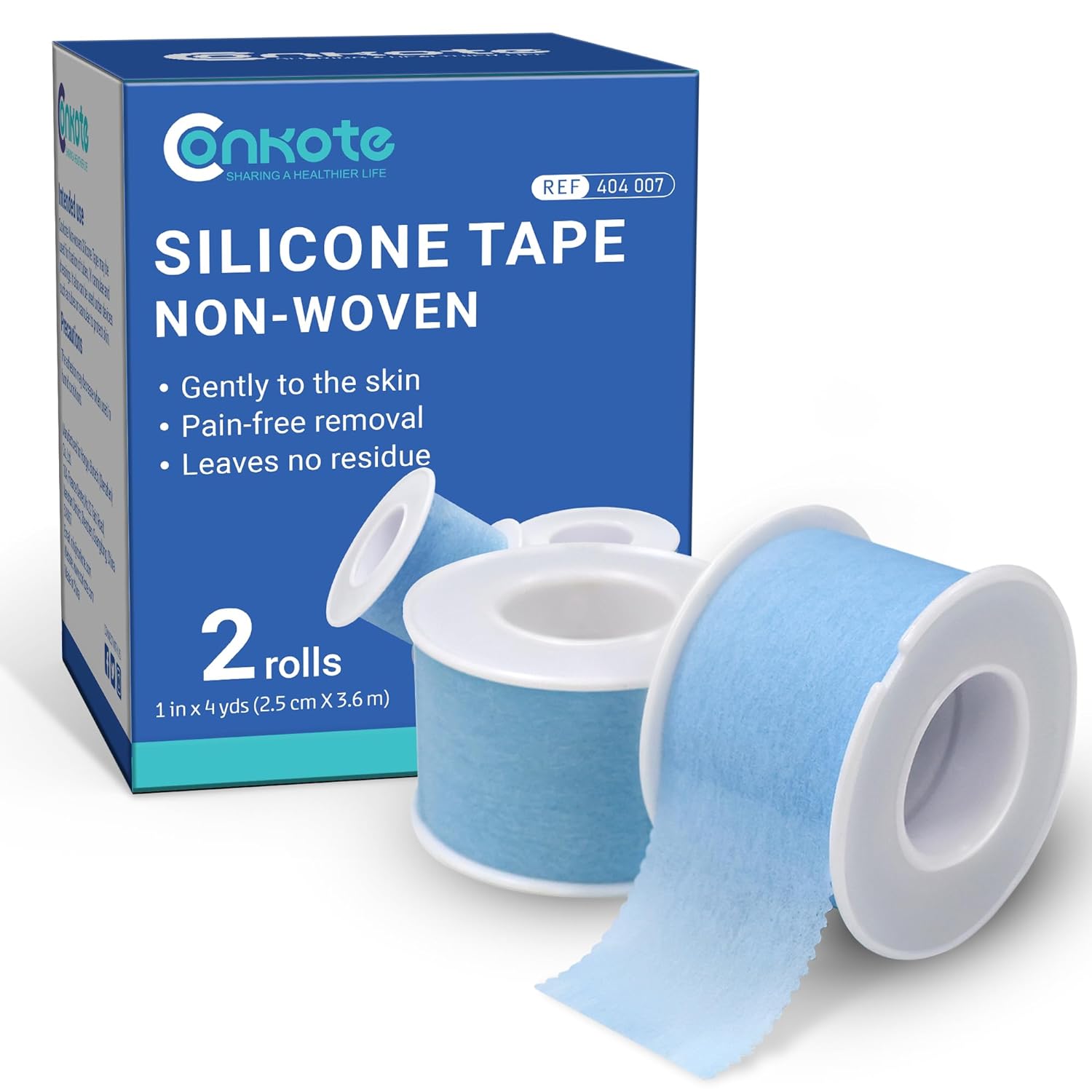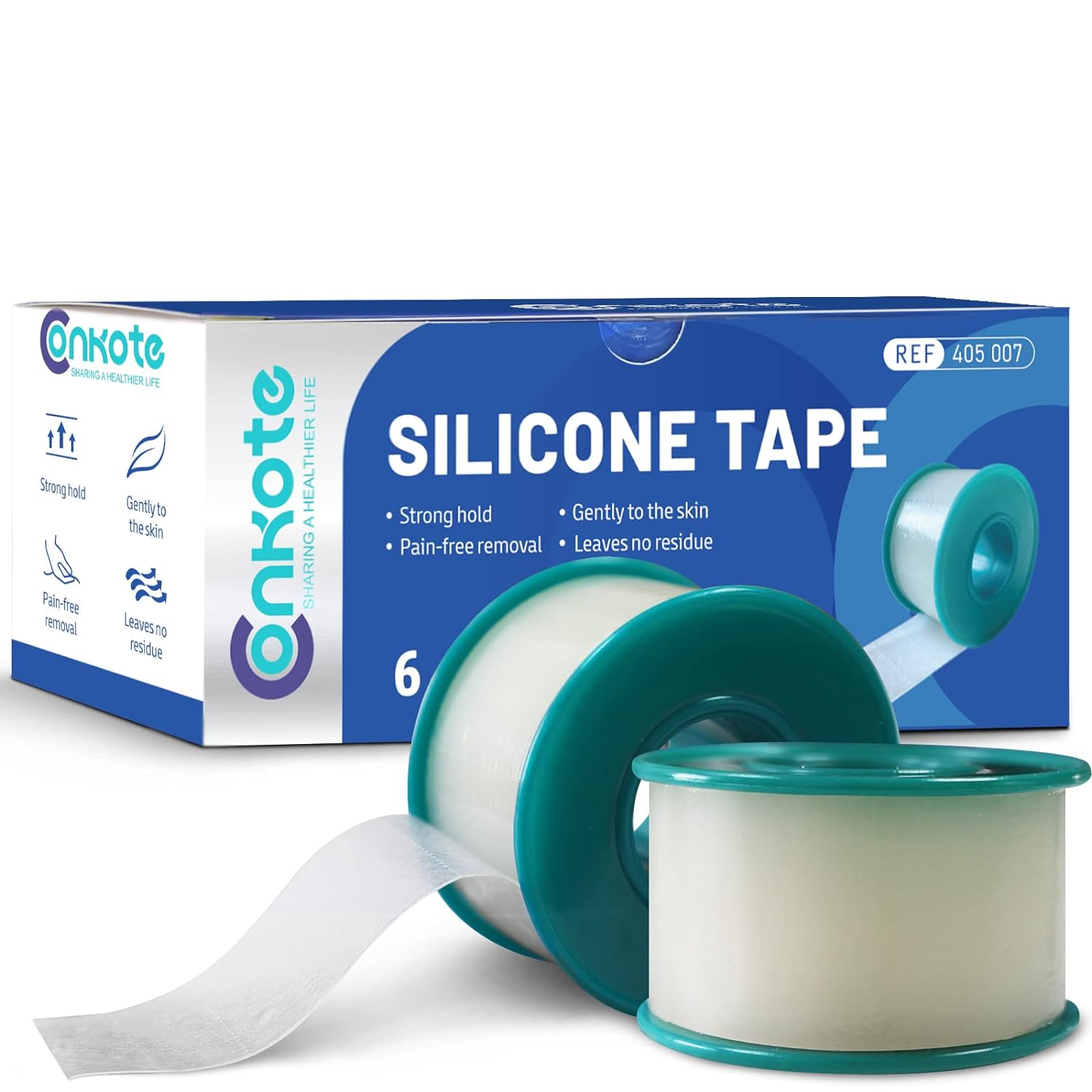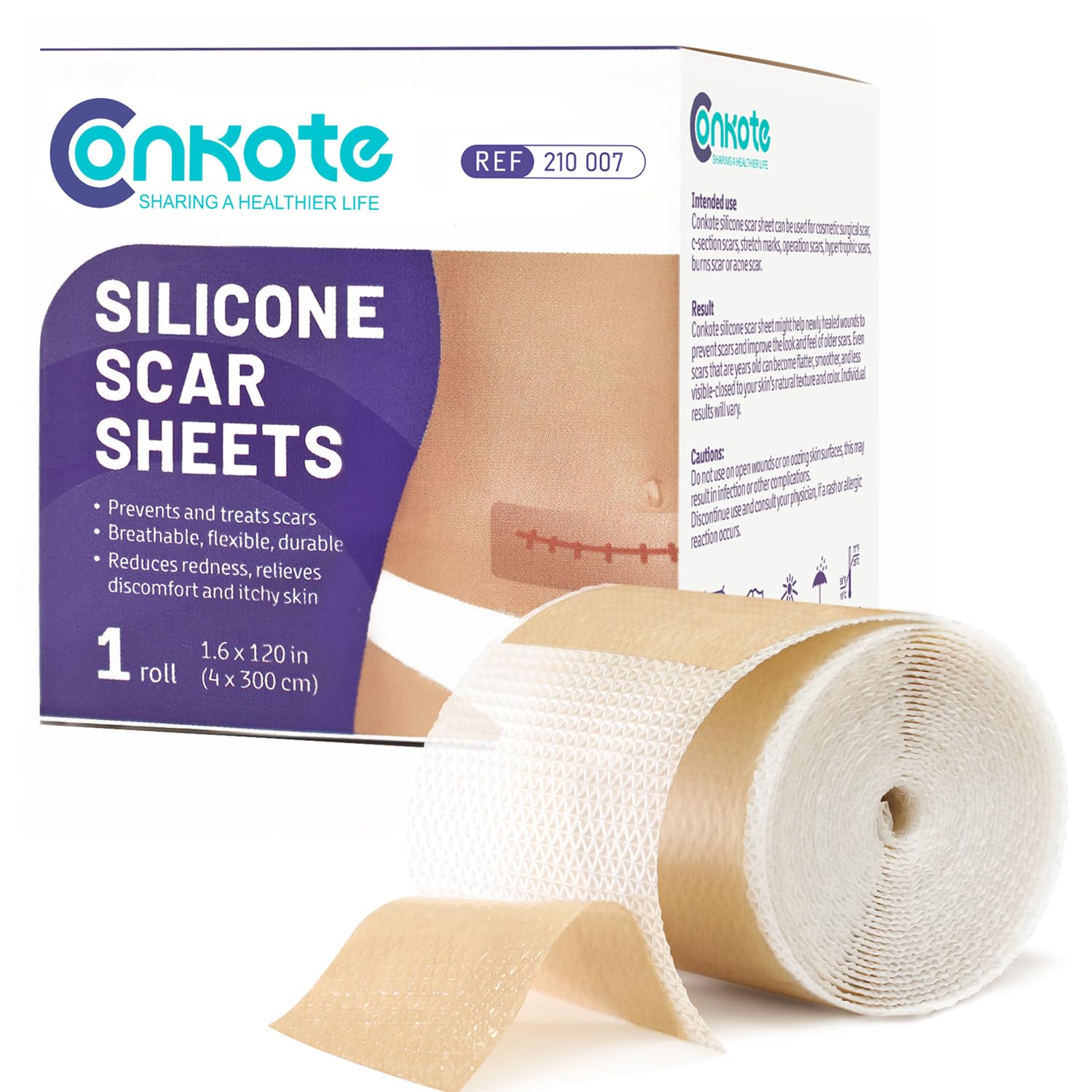A Beginner’s Guide to Being a Dog Parent
2022-09-19 2022-09-19 18:42A Beginner’s Guide to Being a Dog Parent
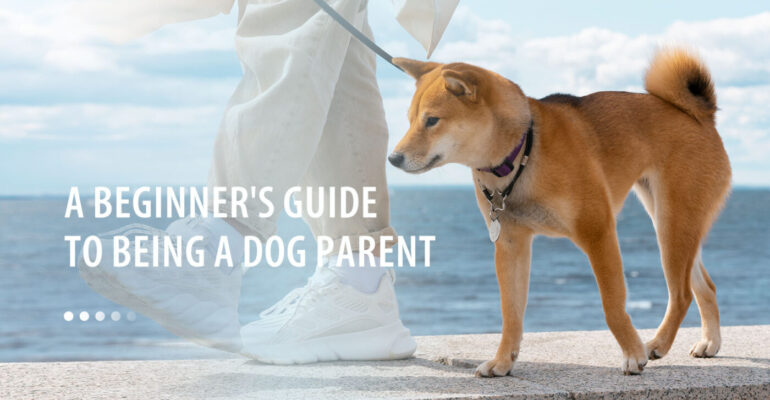
A Beginner’s Guide to Being a Dog Parent
Dogs make wonderful pets. They are loyal and loving, offering companionship that can be truly rewarding. However, taking care of a dog is a big responsibility, and it’s essential to be prepared for the challenges of owning one before bringing it into your home. This guide will give you all the information you need to start as a dog parent. We’ll cover everything from preparing your home for a new pet to obedience training basics, so you can feel confident in your ability to care for your furry friend.
Below are the key points we’ll be addressing:
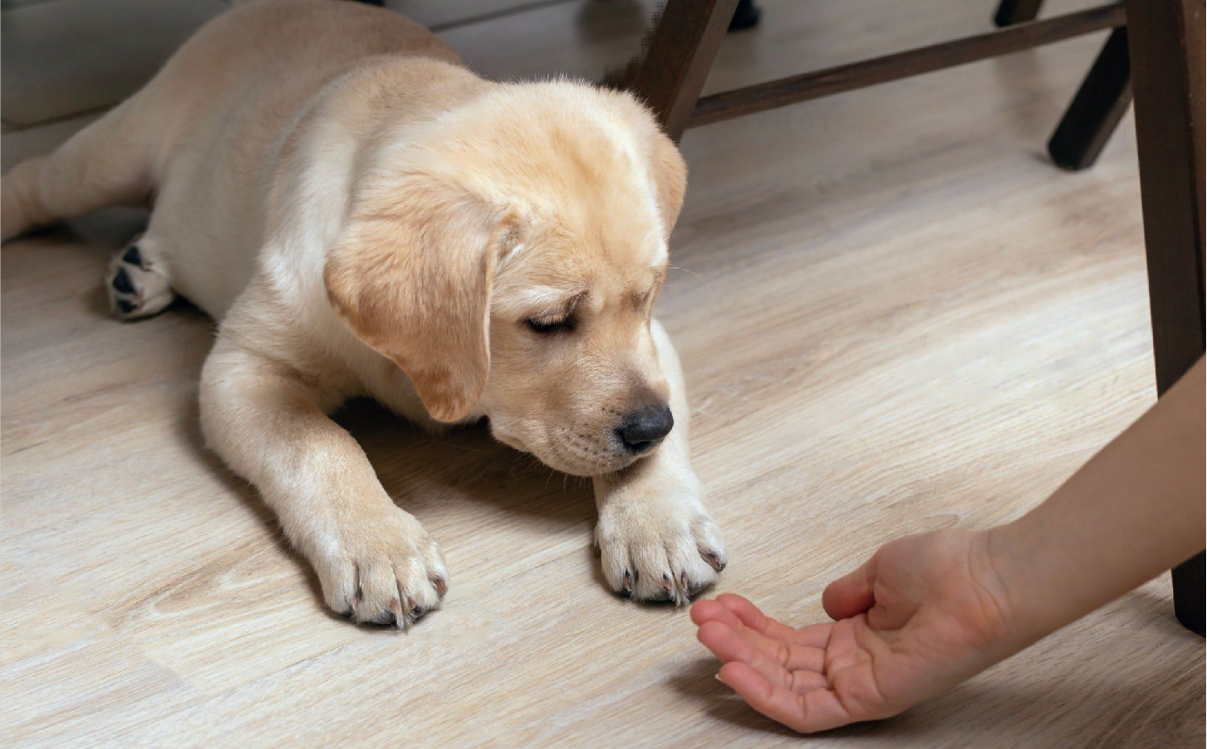
Prepare Your Home
One thing to remember when preparing your home for a new dog is that they will need their own space. That doesn’t necessarily mean you need to set up an entire room for them, but you should create a designated area where they can sleep, eat, and spend time. That will help your dog feel comfortable and make potty training easier. You’ll also need puppy-proofing, especially if you have small children. Put away anything that could be harmful to your pup, and make sure any potentially dangerous areas are blocked off. These areas are like the kitchen, where sharp objects or hot surfaces are often used.
Gather Necessary Supplies
Before bringing your new pup home, you’ll want to ensure you have all the necessary supplies. Of course, each dog is different, and you’ll eventually figure out what works best for you and your pet, but to get started, you’ll need the following:
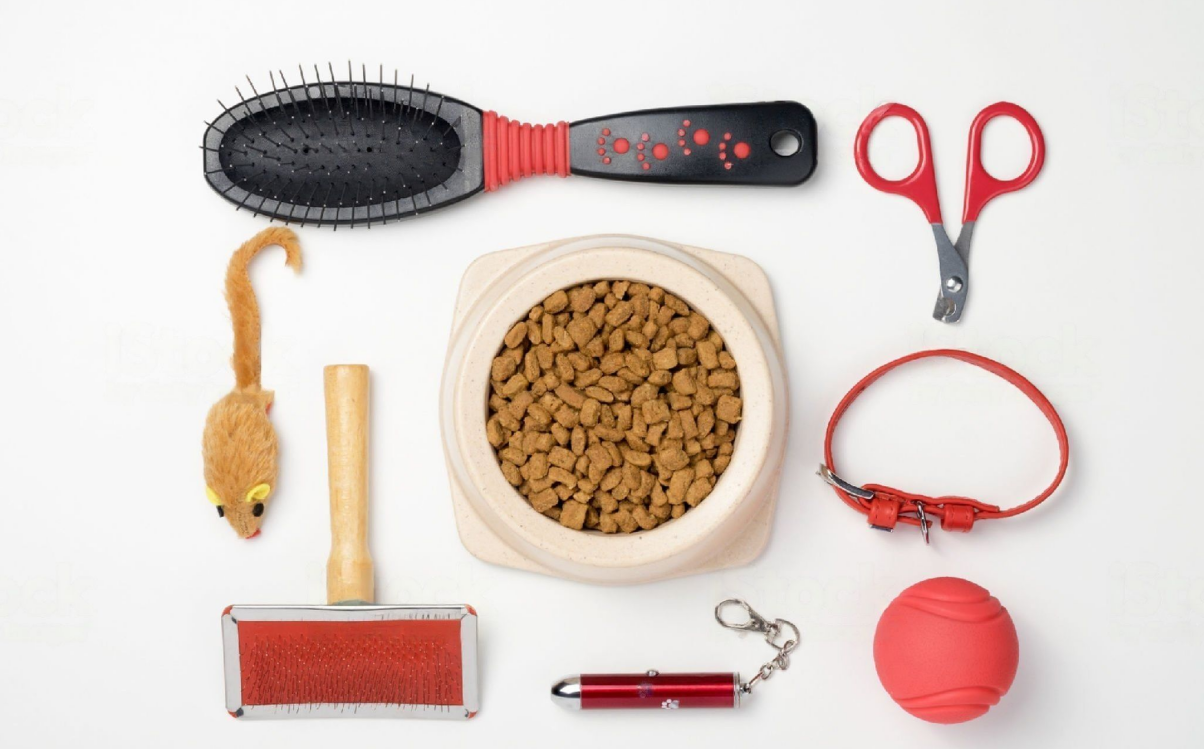
A collar and leash: You’ll need a collar to put your dog’s ID tags on and a leash for walks. Be sure to get a comfortable collar that isn’t too tight or loose. The leash should be long enough to give your dog some freedom but not so long that you can’t control them.
A crate: A crate can be a haven for your dog and help with house training. Getting the right size crate is vital so your dog can stand up, turn around, and lie comfortably. That is important for their physical and mental well-being.
Food and water bowls: You’ll need two bowls, one for food and one for water. Stainless steel or ceramic bowls are best as they’re easy to clean and won’t harbor bacteria.
Dog food: You’ll need food for your new dog. Puppies need a high-quality diet to get all the nutrients they need to grow and stay healthy. Talk to your vet about what food is best for your pup.
Treats: Everyone loves treats, including dogs. Training treats are handy as they’re small and easy to carry.
Dog bed: A dog bed is a great way to give your pup their own space. It’s also helpful in keeping their hair and dander off your furniture.
Cleaning supplies: Dogs can be messy, so having the right cleaning supplies on hand is essential. Dog-specific cleaners are best as they’re less harsh and won’t damage your furniture or floors.
First-aid kit: It’s always better to be safe than sorry, so it’s a good idea to have a first-aid kit for your dog. That should include things like bandages, antiseptic wipes, and tweezers.
Dog Potty Training Pads: So, should you get disposable puppy pads or washable puppy pads for porry training? We’ve compiled a list below of the reasons to consider washable and disposable pee pads. Of course, we might be a little biased, but the reasons we list for both sides are reasons that we’ve heard from our customers!
Reasons to get washable pee pads
- Reusable: Reduces waste, saves you money!
- Sturdy: Pups can’t shred them apart, and they are stationary
- Useful: Pads are absorbentWashable: They’re easily washed by sticking them into the washer!
Reasons not to get washable pee pads
- Pads can get smelly if not washed quickly.
- The initial cost is a little bit higher.
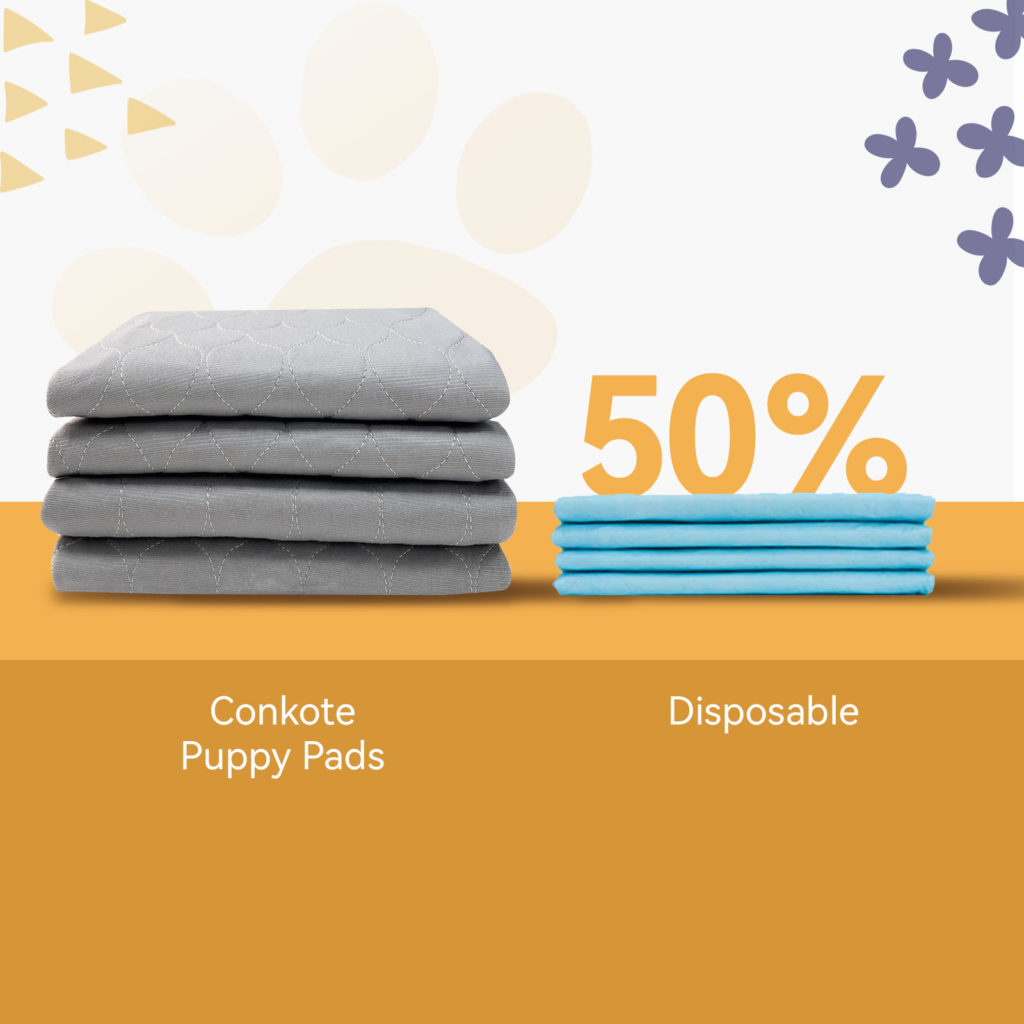
Reasons to get disposable pee pads
- Easy to use: put it down, then throw it away.
- Cheaper: Initial cost is cheap. (long run you pay more)
Reasons NOT to get Disposable pee pads
- Not reusable: each is one time use, and can cause a lot of waste.
Not sturdy: - Puppies can slip, slid, and tear these thin pads.
- Not absorbent: Urine can seep through the pad
Find a Veterinarian
One of the most important things you can do for your new dog is to find a good veterinarian. A good vet can provide your pet with routine care and vaccinations and help you if your pet becomes ill or injured. When you are looking for a veterinarian, there are a few things you should keep in mind. First, you want to find a vet who is experienced in treating the type of dog you have. For example, if you have a small dog, you will want to see a vet specializing in small animal care. Second, you want to find a vet who is located near you. That will make it easier to get to appointments and make emergency visits if necessary. Finally, you want to find a vet who you feel comfortable with. That means finding a vet who is good at communicating with you and who you think you can trust.
Once you have found a few potential veterinarians, you should call and ask about their services. Find out what types of services they offer, their hours, and how much they charge. It would help if you also asked about their vaccinations and spaying or neutering policies. Once you have found a vet you are happy with, you can make an appointment for a check-up.
House Training
House training your new dog is one of the most important things you can do to set them up for success in their new home. The good news is that house training is relatively easy to accomplish with patience and consistency. Here are a few things to keep in mind when getting started:

Establish a routine: Dogs thrive on predictability, so having a set schedule for meals, walks, and bathroom breaks will help them learn faster. When it comes to dog training pads, they are more likely to use them if they know when they will be taken out.
Create a designated bathroom area: It’s important to have a designated area for your dog to go to the bathroom. That could be in your yard, puppy training pad, or a nearby park. Once you have a designated area, take your dog there often so they can learn to associate it with going to the bathroom. A dog pee pad can help with this process.
Start with small intervals: When first getting started, take your dog out frequently – every 30 minutes to an hour – so they can learn the ropes and get used to going outside.
Reward good behavior: Dogs are very food motivated, so offering them treats or praise when they go to the bathroom in the designated spot will reinforce the desired behavior.
Be patient: House training takes time, so don’t get discouraged if there are accidents along the way. Just stay consistent and remain positive, and your dog will learn in no time.
Obedience Training
Training your new dog in obedience is one of the most vital things you can do for them. A well-trained dog is a happy dog, and a happy dog makes for a happy owner. There are several ways to train your dog, but the most important thing is to be consistent and patient. Rewards-based training, where you give your dog a treat or praise them when they do something you’ve asked them to do, is a great way to start. You can also use positive reinforcement, such as providing your dog with a toy or taking them for a walk when they complete an obedience task. Whether you’re teaching your dog to sit, stay, or come when called, the most important thing is to be consistent with your commands and rewards. With patience and perseverance, you’ll have a well-trained dog in no time.
CONCLUSION
Being a dog parent is a big responsibility, but it can be a very rewarding experience. By following the tips in this guide, you can set your new dog up for success and make sure they have a happy and healthy life. So, there you have it – a beginner’s guide to being a dog parent. From finding the right veterinarian to house training and obedience training, there’s a lot to think about when caring for a new dog. But with patience and consistency, you’ll be a pro.
Search by Tags
advanced woundcare dressing Bedsores Blood Blood donation chronic decrease Chronic Wound comprehensive guide Conkosil Diabetes diabetes foot diabetes prevention Diabetes,Foot Problems,wound Diabetic foot dog training donation dor pee pads Easy Tips First aid health health life Home Care Ionic Silver Dressin Innovative Technology for Wound Care Lesions Measure a Wound medical tape Moist Wound Healing Negative pressure wound therapy papertape pet care Pressure Ulcers puppy pee pads Self-Adhesive Bandage Skin care tape Tobacco traditional wound care dressing World No Tobacco Day Wound care wound dressing wound healing wound infection wound materials woundmaterials wound type wound vac

